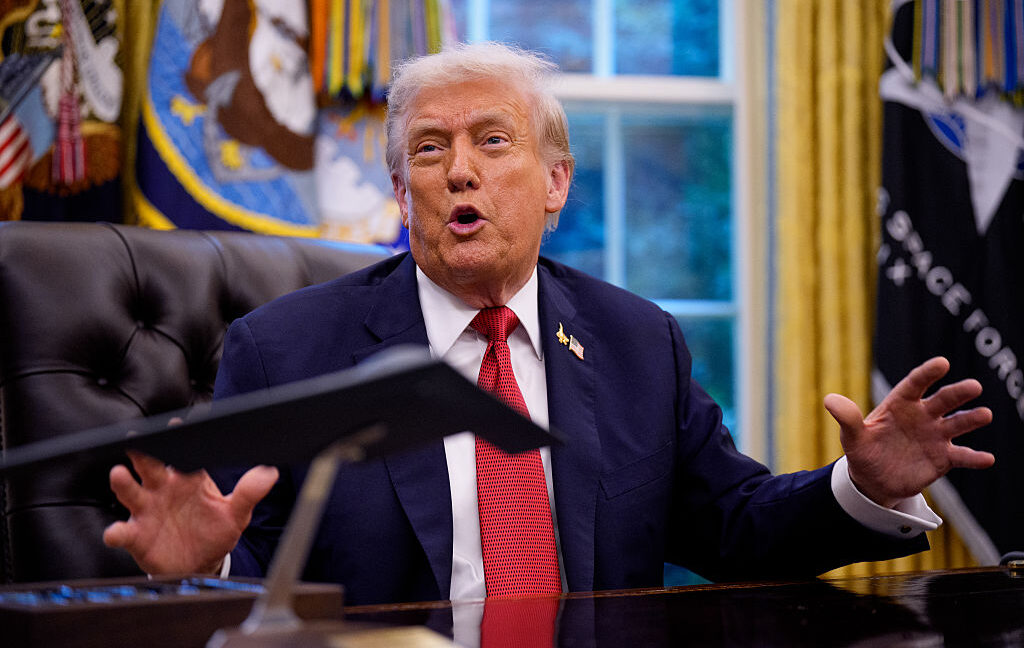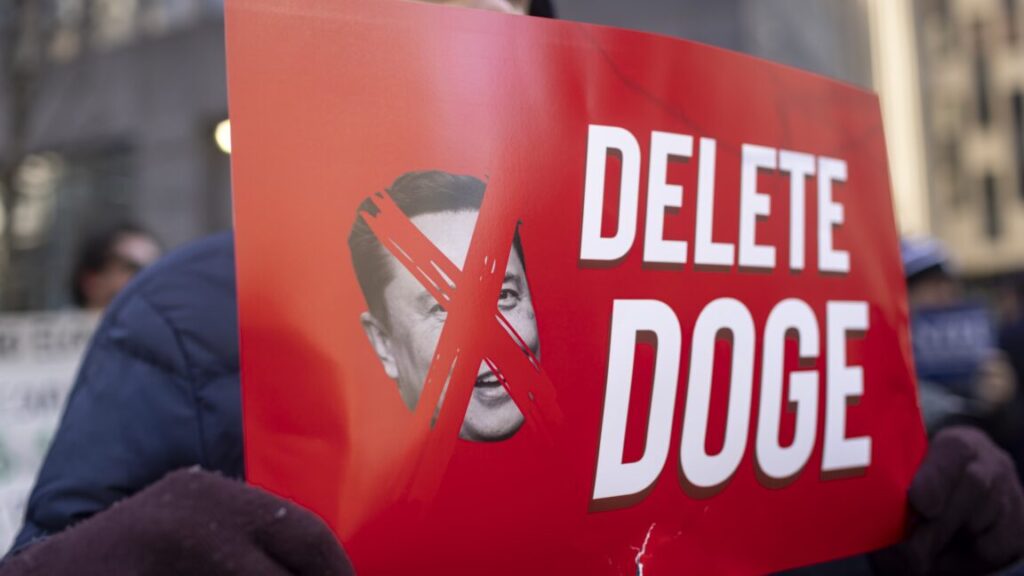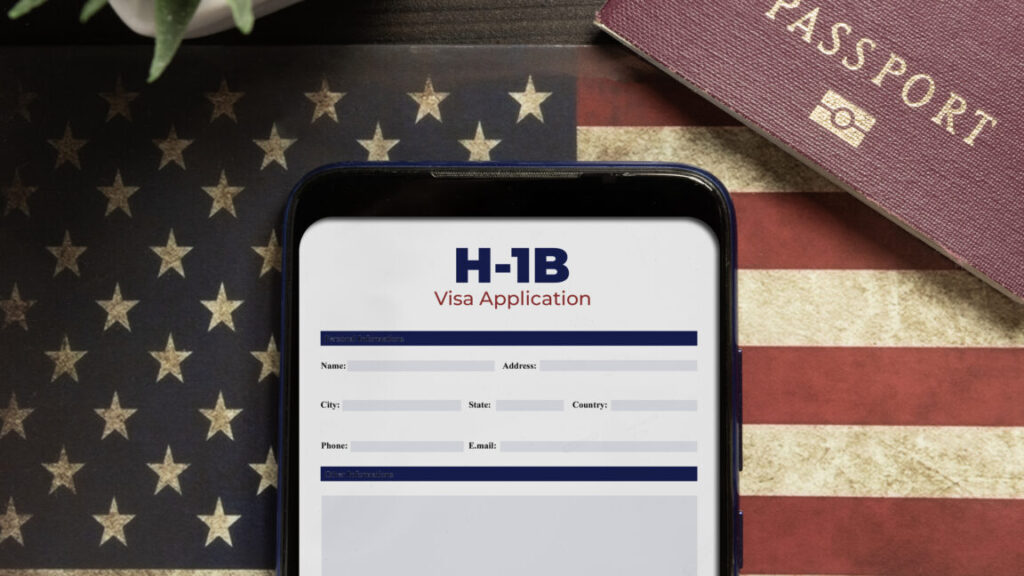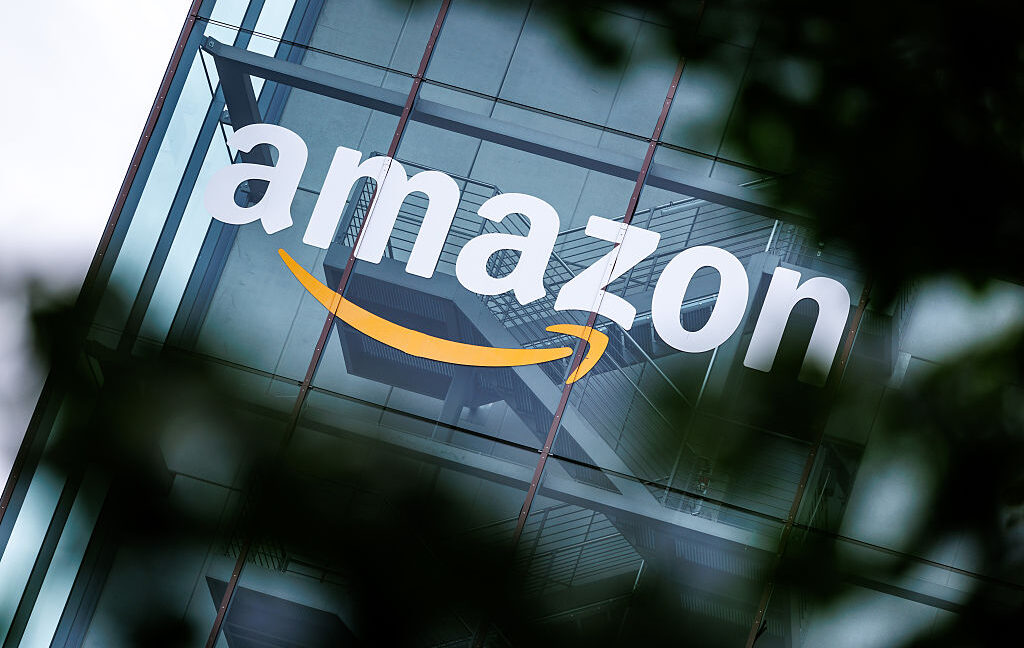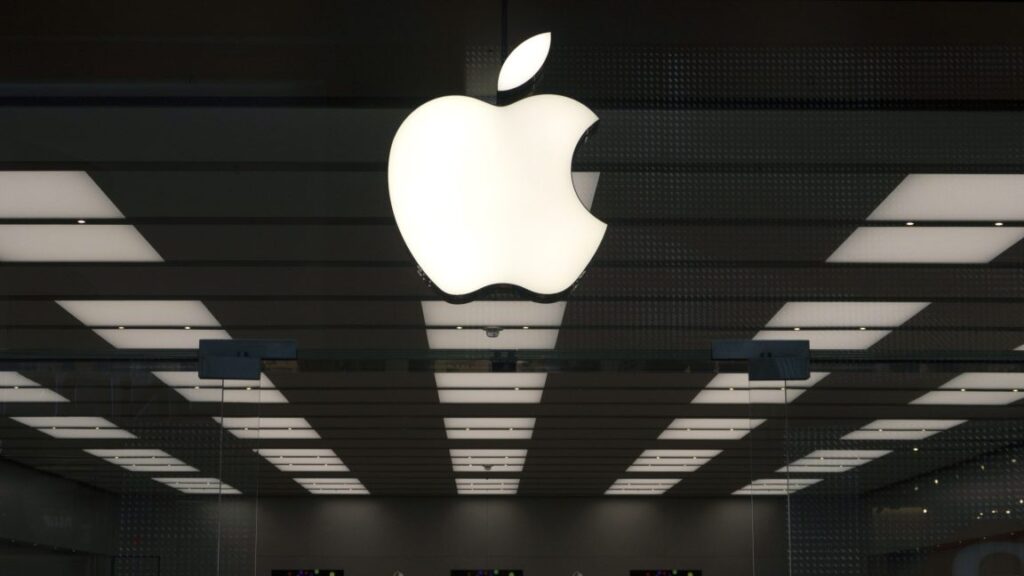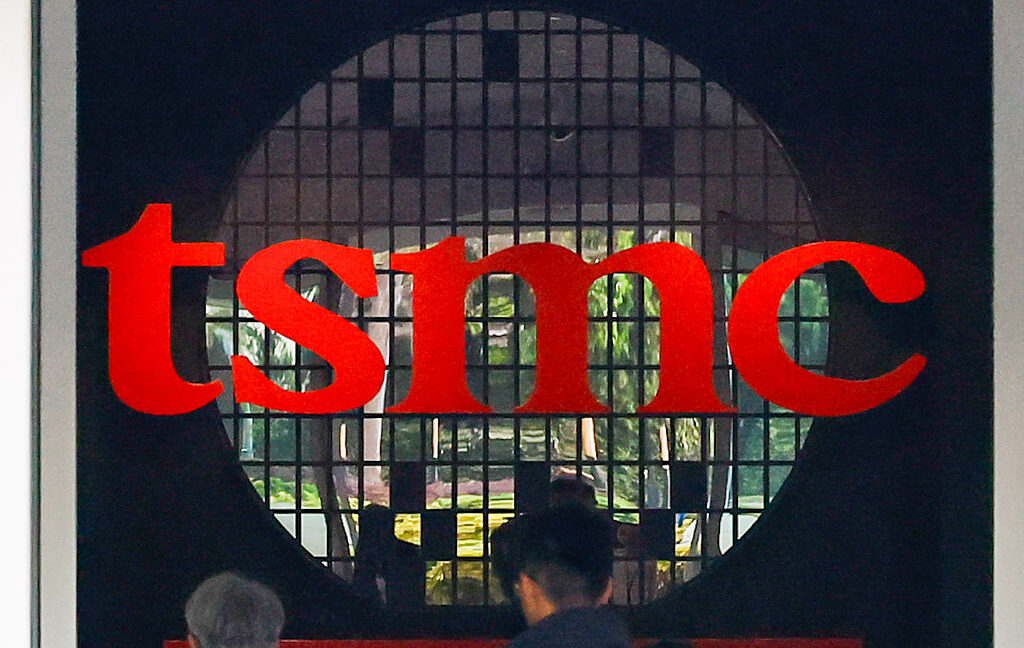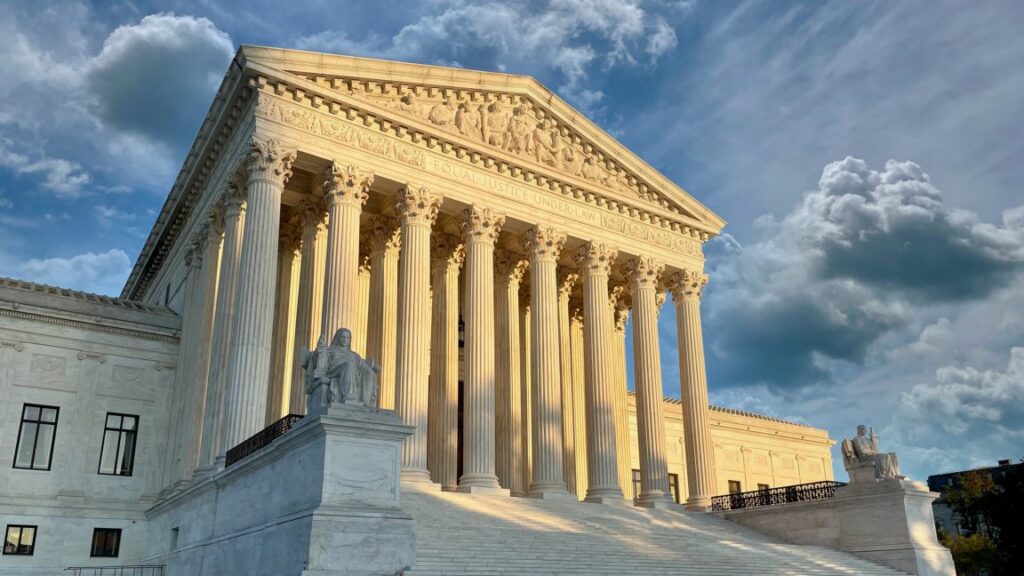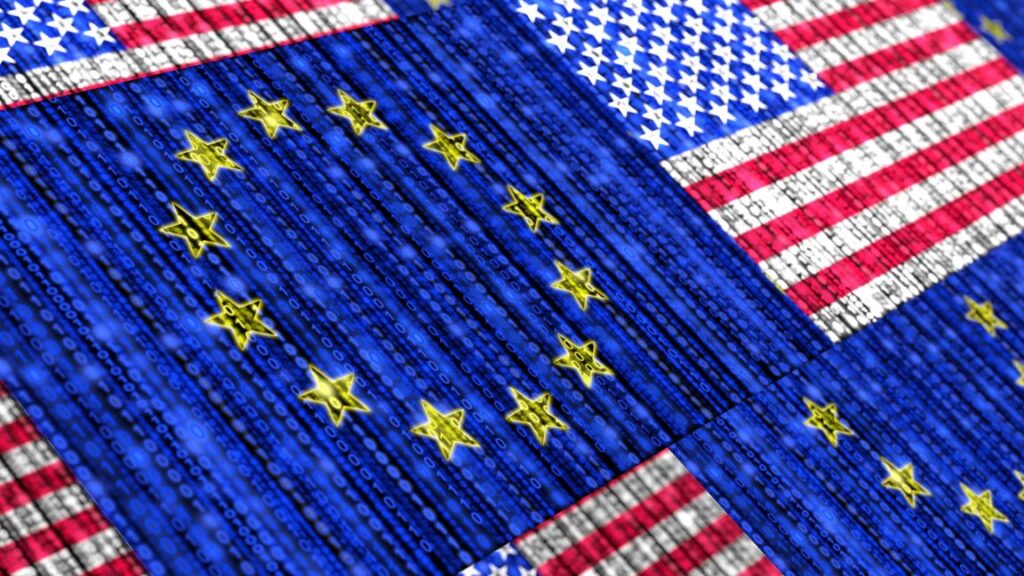Taiwan pressured to move 50% of chip production to US or lose protection
The Trump administration is pressuring Taiwan to rapidly move 50 percent of its chip production into the US if it wants ensured protection against a threatened Chinese invasion, US Commerce Secretary Howard Lutnick told NewsNation this weekend.
In the interview, Lutnick noted that Taiwan currently makes about 95 percent of chips used in smartphones and cars, as well as in critical military defense technology. It’s bad for the US, Lutnick said, that “95 percent of our chips are made 9,000 miles away,” while China is not being “shy” about threats to “take” Taiwan.
Were the US to lose access to Taiwan’s supply chain, the US could be defenseless as its economy takes a hit, Lutnick alleged, asking, “How are you going to get the chips here to make your drones, to make your equipment?”
“The model is: if you can’t make your own chips, how can you defend yourself, right?” Lutnick argued. That’s why he confirmed his “objective” during his time in office is to shift US chip production from 2 percent to 40 percent. To achieve that, he plans to bring Taiwan’s “whole supply chain” into the US, a move experts have suggested could take much longer than a single presidential term to accomplish.
In 2023, Nvidia CEO Jensen Huang forecast that the US was “somewhere between a decade and two decades away from supply chain independence,” emphasizing that “it’s not a really practical thing for a decade or two.”
Deal is “not natural for Taiwan”
Lutnick acknowledged this will be a “herculean” task. “Everybody tells me it’s impossible,” he said.
To start with, Taiwan must be convinced that it’s not getting a raw deal, he noted, explaining that it’s “not natural for Taiwan” to mull a future where it cedes its dominant role as a global chip supplier, as well as the long-running protections it receives from allies that comes with it.
Taiwan pressured to move 50% of chip production to US or lose protection Read More »


